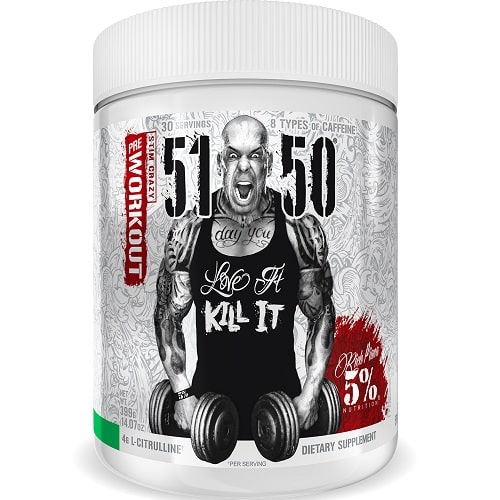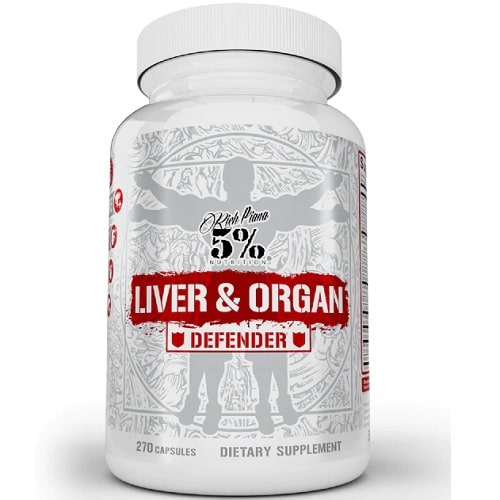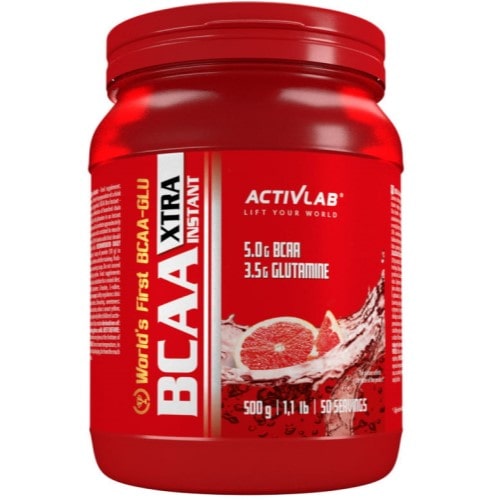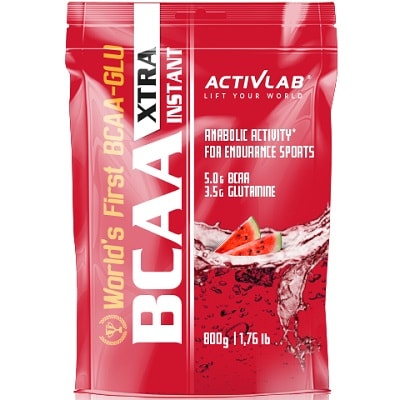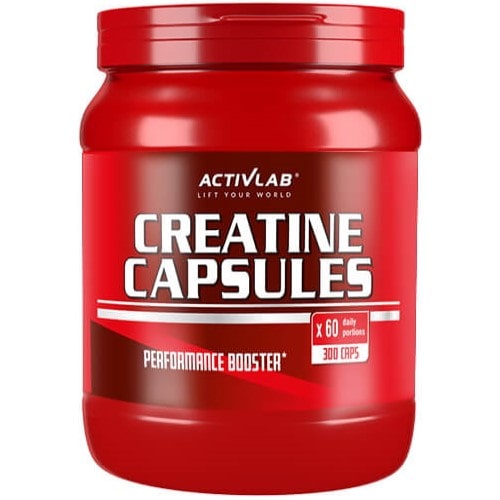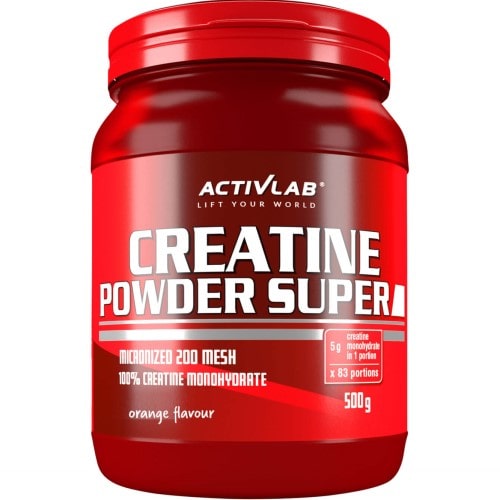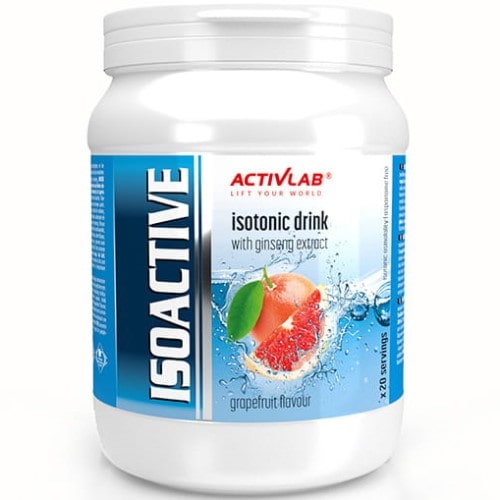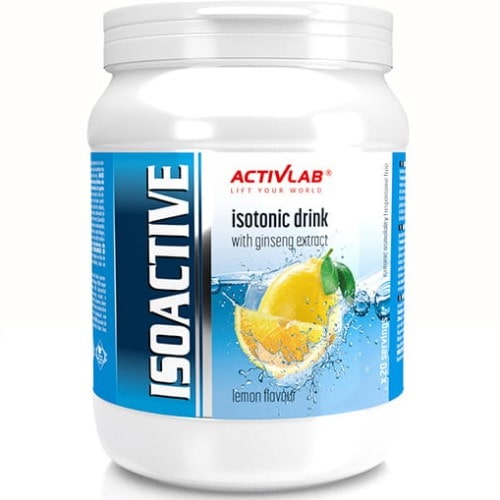ABOUT DISCOUNT SUPPLEMENTS
We offer a wide range of Vitamins, Protein & Weight Loss Supplements at great prices. Next Working Day Delivery within Ireland.
Best Sellers

Prebiotics Vs Probiotics: What's The Difference?
Probiotics are bacteria that naturally live within your body and help your intestines break down food. Probiotics that are similar to the ones that your body makes can be taken as a supplement in order to aid healthy digestion. In recent years, a new class of supplements, or prebiotics, have been advertised as a companion to probiotics.
Prebiotics are made up of carbs that your body is unable to digest, and they exist as food for the probiotic bacteria that you put into your body. If you use both probiotics and prebiotics together, it is called microbiome therapy, it is important to note that you don't need to take a prebiotic in order for probiotics to work, but taking them can help your probiotics to be more effective!
What Are Probiotics?
Probiotic bacteria generally refers to two families of bacteria, strains of both Bifidobacterium and Lactobacillus are associated with probiotic formulas. A lot of slightly fermented food products also contain natural probiotics, examples include kimchi, sauerkraut and yoghurt. Pickles are also a source of natural probiotics.
Probiotics can be purchased as a food-grade health supplement, and they can come in a powdered or liquid form. Generally speaking, probiotics should be stored in a fridge to keep the bacteria contained and alive and ready to reproduce.
What Are Prebiotics?
Prebiotics don't actually contain bacteria, but they are fuel to help bacteria grow. Prebiotics are a kind of dietary fibre. The fibre inulin, found in bananas and asparagus, is a prebiotic that can be used as food for gut bacteria. Other sources of prebiotics are onions, garlic, legumes and artichokes.
When a food source contains both probiotics and probiotics, the combination is called synbiotic, some examples of synbiotic foods include cheese, kefir and some types of yoghurt. Prebiotics can also be bought as commercial food additives or capsule supplements - they can also come in both liquid and powdered forms.
The Health Benefits Of Prebiotics and Probiotics
A 2012 study revealed that almost 4 million adults used probiotics to improve their health, and although there is still more research needed to definitively identify the benefits of supplementing gut bacteria, there is research that shows probiotics offer a wide range of significant health benefits.
Some research has shown that prebiotics and probiotics effectively treat IBS (irritable bowel syndrome) diarrhoea, allergic disorders, and even the common cold and flu.
To Sum Up
Every probiotic is different due to the variation in bacteria strains, this also means that not all probiotics will work the same way for you, and not everyone even needs to take a probiotic.
If you cannot consume dairy, then make sure you search for a dairy-free probiotic, and if you have a yeast (Candida) overgrowth, then you might want to be mindful of this and ensure you select a probiotic that does not contain Candida.
You can shop our range of probiotic supplements by clicking here.
We have listed our best-selling probiotics below:
Sunwarrior Probiotics 30 Veg Capsules
Just like any ecosystem, your digestive system thrives best when it contains a wide variety of microorganisms that can complement and interact with each other.
Sunwarrior Probiotics combines stable probiotics with prebiotics and chloroplasts to enhance digestion, improve enzyme function, and fight free radicals. Restore your health. Restore your microbiome with the power of the sun!
Natures Aid Probiotic Complex 60 Capsules
Nature's Aid Probiotic Complex provides 'friendly' bacteria which may help to maintain a healthy balance in the gut, especially after taking antibiotics and when travelling abroad. It also contains FOS which feeds the 'friendly' bacteria in the gut.

